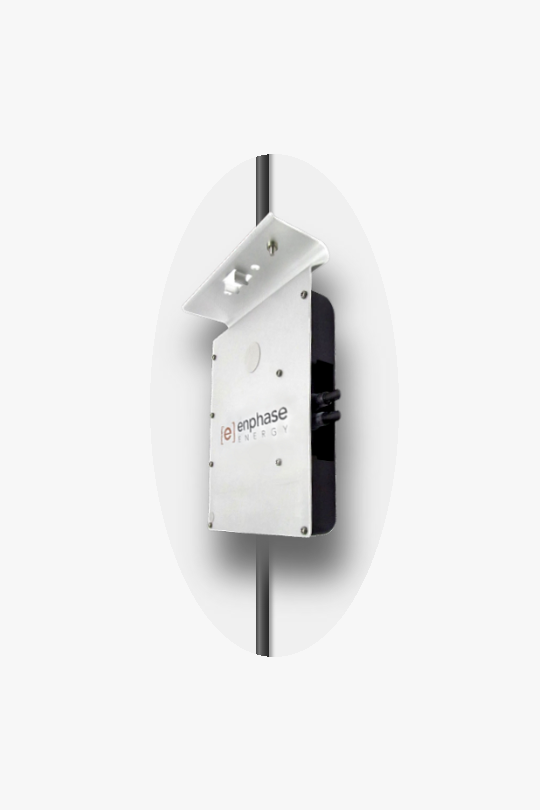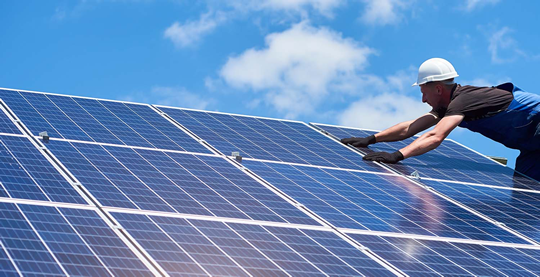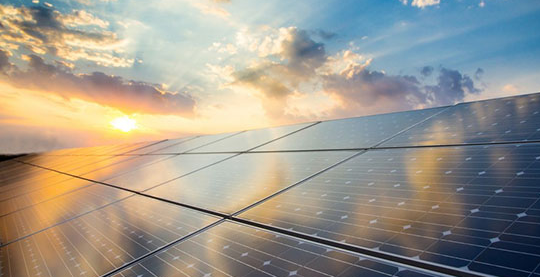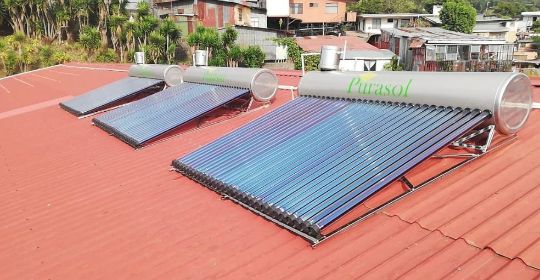horario
Lunes - Viernes
8.00 am - 5.00 pm

Limpio, eficiente y seguro
Con nuestra ayuda, cambiar a los sistemas de energía solar se vuelve divertido y fácil. ¡No tendrá que preocuparse por nada!
Diseñamos un sistema personalizado para su proyecto.
Completamos los trámites con su proveedor de electricidad.
Completamos los trámites con su proveedor de electricidad.
Instalamos su sistema de manera responsable y eficiente.
Aseguramos la garantía en la instalación de hasta 10 años.
Pioneros en el mercado de energía solar en Costa Rica:
+12
AÑOS DE EXPERIENCIA
2500
Kw INSTALADOS
más de 1500
PROYECTOS SOLARES

¿Por qué no empezar hoy?
¡Con el incremento de los precios de la electricidad, el cambio a la energía solar nunca ha sido más atractivo! Estamos listos para analizar su proyecto y enviarle una oferta personalizada.
En caso de que no utilice fondos privados para su sistema de energía solar, podemos ayudarle con la financiación a través de diferentes tipos de crédito. Descubra la mejor opción para usted:
CONOZCA MÁS SOBRE:
SISTEMAS CONECTADOS A LA RED | SISTEMAS FUERA DE RED | CALENTADORES DE AGUA SOLARES | OTROS PRODUCTOS
Solicite su oferta
Derechos Reservados / Purasol
Sitio Web desarrollado por: Soluciones Digitales



